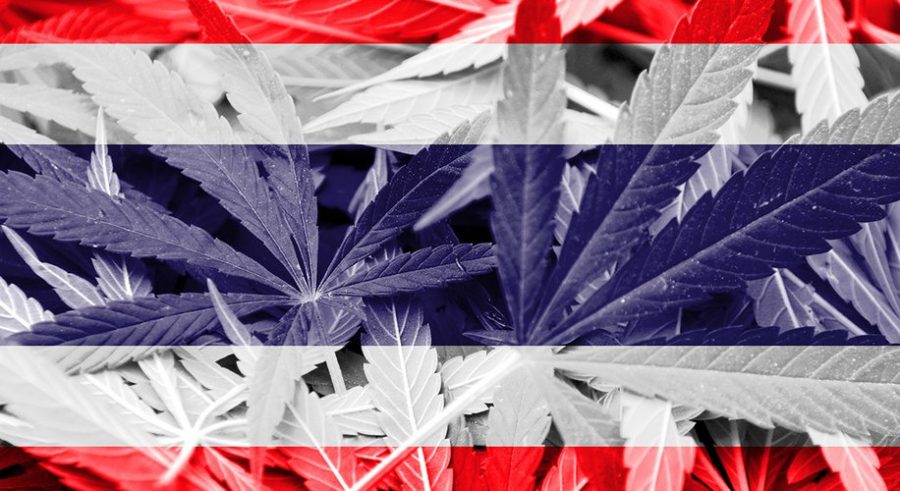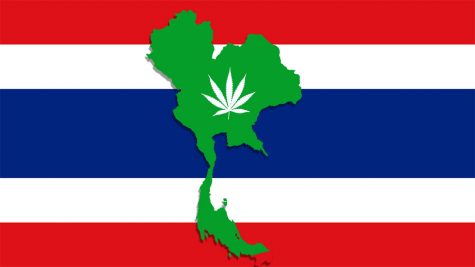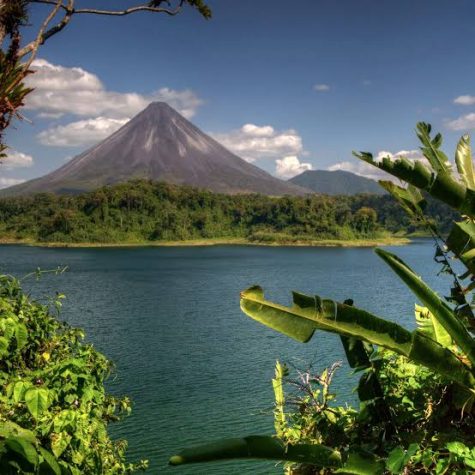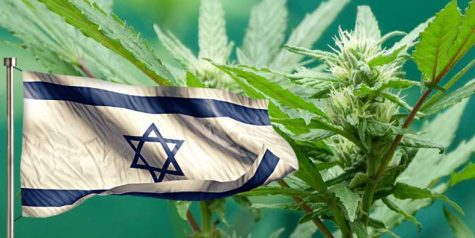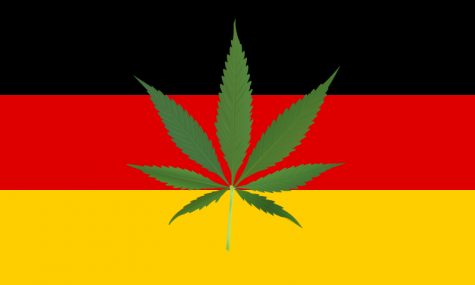Thai people can now procure free cannabis in first full-time clinic
On Monday, January 6, Thailand’s first full-time cannabis clinic – specializing in alternative and traditional plant-based therapies – opened its doors.
The clinic’s launch is the latest in a string of efforts made by the Thai government to expand the Southeastern Asian country’s medical cannabis market; a market that has been blossoming since December 26, 2018. Weed was initially decriminalized in Thailand with the passing of Cannabis Act, B.E. 2477 way back in 1935.
“This is a pilot clinic, because we cannot produce enough doctors with expertise in cannabis,” Public Health Minister Anutin Charnvirakul explained to a group of reporters during the clinic’s official opening, which took place in the bustling capital city of Bangkok.
For the initial two weeks, patients will be able to get their hands on medical cannabis in Thailand without paying a single Baht — the Kingdom’s currency. The palm-tree and palace-speckled country is no stranger to the green, leafy plant, with historical records proving that cannabis was once used as a traditional natural medicine for fatigue and pain relief.
Since lawmakers legalized cannabis in Thailand for medical and research purposes, approximately 25 clinics have already popped up; conjoining with general hospitals. However, these clinics are not open around-the-clock, since there is currently a lack of staff on-hand to prescribe and dispense cannabis-based medicines.
More patients can now start benefiting from Thailand’s medical cannabis market, thanks to the launch of the Ministry of Public Health‘s pilot clinic. The Ministry anticipates that the clinic will attract and serve 200-300 patients on a daily basis.
“Today marks the beginning. We are fighting for the better health of Thai people and fighting for a better economy,” Anutin expressed to interviewers, as he donned a doctor’s coat and stood next to a cannabis leaf mascot.
Majority of medical cannabis patients visiting Thailand’s first full-time clinic are elderly
Some medical research has exposed the cannabis plant for its ability to relieve pain caused by various medical conditions, including epilepsy and multiple sclerosis. However, it remains uncertain as to whether or not the plant can truly benefit patients with serious life-threatening conditions like cancer.
A queue of people – the vast majority of which were elderly individuals –clustered at Thailand’s first full-time medical cannabis clinic. Specialist doctors administered patients with 5-10 mg vials of medicinal-grade cannabis oil to treat muscle aches, although certain patients arrived with more severe ailments.
Natjuta Ulapatorn is a prime example of one of the patients who sought out cannabis oil for a serious problem. Since being diagnosed with cerebral palsy, she has led her life in a wheelchair. Her mother Supatra joined her at the clinic. The 60-year-old claims that the oil helps her daughter to enjoy a restful night’s sleep and feel calm.
“She does not sleep well, which causes me not to be able to sleep either. She is more calm now, so I think it works,” explains Supatra.
Someone else who shared this opinion was 69-year-old Waraporn Boonsri, who was prescribed four vials of pharmaceutical-grade cannabis oil to aid with sleep.
“I was worried at first, but I studied the effects and decided it was better because its natural,” admitted Boonsri.
According to a health official, almost 2,200 patients have enrolled in the clinic up until March. An estimated 77 clinics are expected to be launched countrywide, with one located in each Thai province.
At the current time, Thailand’s main source of medical cannabis comes from the health ministry’s Government Pharmaceutical Organization. A total of 2,200kg of cannabis leaf will be sent to Kasetsart University, according to the director of medical cannabis research, Natakorn Thasnas.
Cannabis in Thailand has been de-stigmatized
Anutin is largely responsible for steering Thailand into the green territory that it is now flourishing in. The leader of the Bhumjaithai Party, which was founded on November 5, 2008, told reporters that the drug has now become “de-stigmatized”. During last year’s elections, Anutin stepped up to take on a role in parliament as Health Minister and has since made vows to the people of Thailand that he will bulk up the country’s economy with legal weed.
“If we talk about cannabis extraction, I have a sense people view it as medication rather than it being a narcotic,” he said.
While Anutin might be hopeful that legal weed will do Thailand the world of good, big corporations stand to benefit over small-scale farmers. That is, unless the complex patchwork of rules surrounding the industry are straightened out. Current limitations on cultivation and extraction have left many farmers without the ability to get involved in Thailand’s medical cannabis industry.
Over the course of the next four years, production, cultivation and sale of the plant can only be accomplished by Thai producers who possess a license. The problem with this is that production and extraction licenses can only be applied for by hospitals and research facilities. Nonetheless, home cultivation to the amount of six plants is permitted and regulations are being reviewed by the government to welcome applications from Thai businesses.
Under existing laws, anyone caught selling cannabis or using it for recreational purposes in Thailand could be faced with a maximum of 10 years in the slammer.



